Solomon Islands Mission Team
-
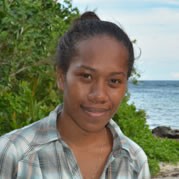
Ivory Akao
Fisheries Officer, Solomon Islands
-

Stefan Andrews
Scientific Diver / Fish Surveyor
-
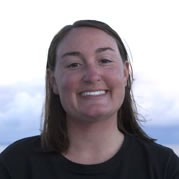
Kristen Brown
Marine Biologist / Scientific Diver
-

Andrew Bruckner, PhD
Former Chief Scientist of the Living Oceans Foundation
-
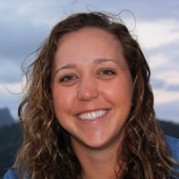
Renée Carlton
Marine Ecologist
-
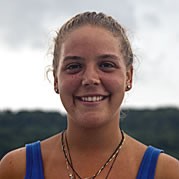
Georgia Coward
Oceans Watch New Zealand Representative
-

Peter Dalton
Field Technical Officer
-
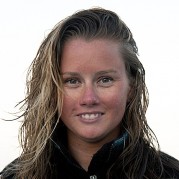
Alexandra Dempsey
Chief Executive Officer
-
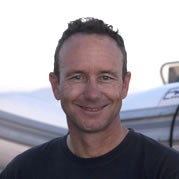
Wade Fairley
Filmmaker / Cameraman
-
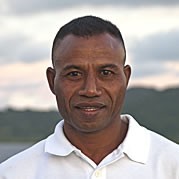
Honourable Earnest Fea
Cultural and Local Representative
-
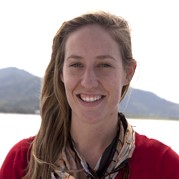
Grace E. Frank
Researcher / Scientific Diver / Coral Surveyor
-

Robert Gardiner Jr.
Ground Truth Team
-
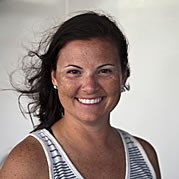
Amy Heemsoth
Chief Operating Officer & Director of Education
-
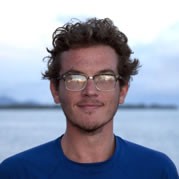
Garrett Johnson
Scientific Diver
-
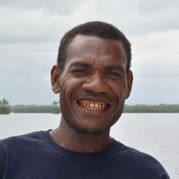
John Laulae
Cultural and Local Representative
-
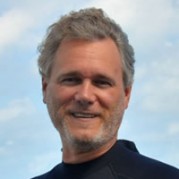
Ken Marks
Science Diver / Underwater Photographs
-

Anderson Mayfield, PhD
2013 Research Fellow
-

João Monteiro
2012 Research Fellow
-
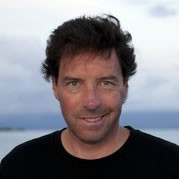
Benjamin Neal
Head of Reef Survey Team
-
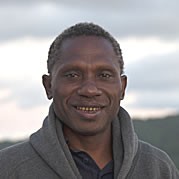
Chief Johnstill Niola
Cultural and Local Representative
-
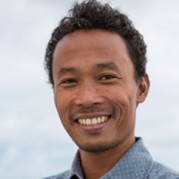
Badi Samaniego
2012 Research Fellow, Scientific Diver
-

Steve Saul, PhD
2013 Research Fellow, Reef Sampling
-
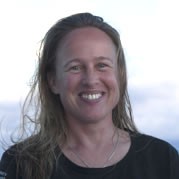
Uli Siebeck, PhD
Senior Research Fellow
-
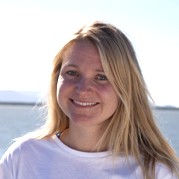
Kristin Stolberg
Research Assistant / Benthic Surveyor